When I learned about water glassing eggs (an excellent way to preserve these precious gems), I was beyond excited.
Research led me down a rabbit hole, where I discovered that water glassing extends the egg’s shelf life — and they don’t require refrigeration. I was blown away! Let’s talk about it.
What Is Water Glassing?
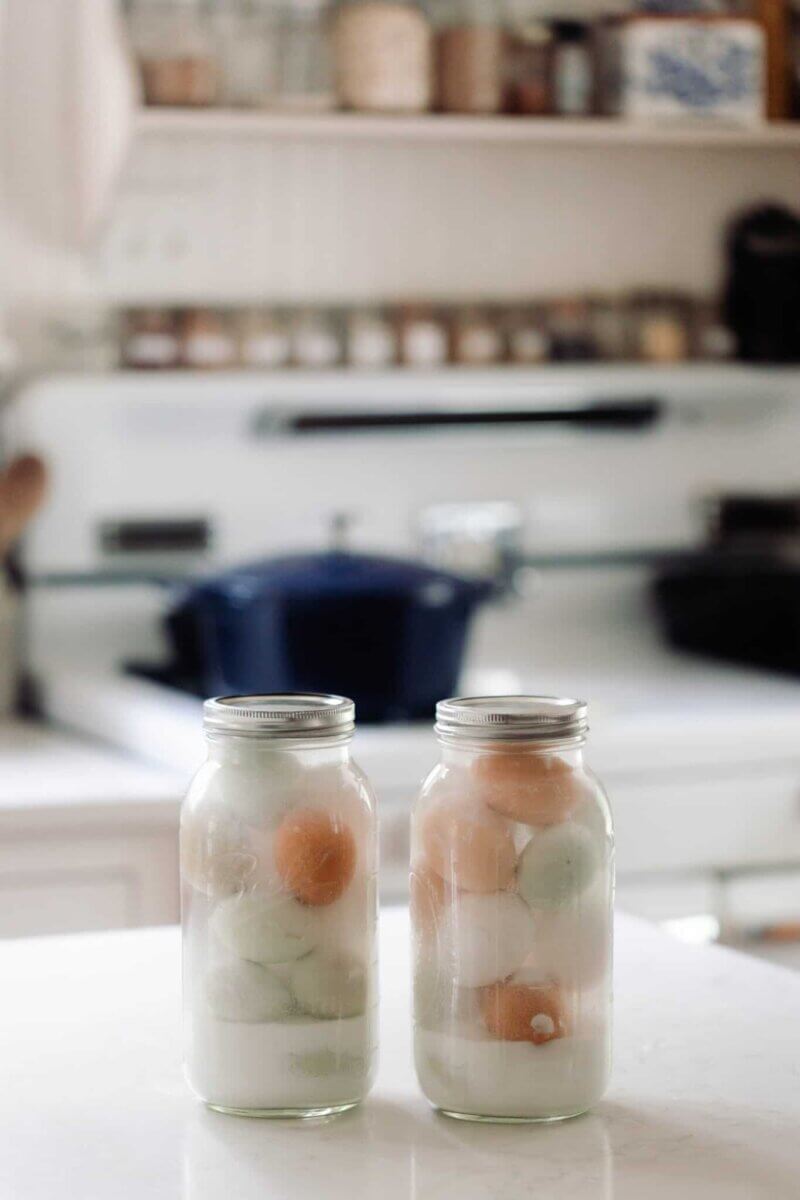
Water glassing eggs is a preservation technique that involves submerging unwashed eggs in a solution of pickling lime and water. The solution seals the shell, preventing microorganisms and bacteria from penetrating the egg. Water glassing allows us to preserve fresh eggs for 12 to 18 months.
Amazingly, the end result is fresh, unspoiled eggs. Sometimes water-glassed eggs will stay fresh for over two years. While the eggs remain fresh, the consistency changes slightly; egg whites get a bit runny, and sometimes the yolk is a little lighter.
This preservation method has been used by homesteaders and pioneers since the 1800s. It all began as a way to keep the abundance of eggs laid throughout spring, summer, and fall. If you raise chickens, you probably know how depressing it can be during the winter when hens lay far less due to the limited daylight and lower temperatures.
There are a couple of different solutions that will work for water glassing eggs, including sodium silicate (lime used for construction). However, I prefer and think it safer to use hydrated or pickling lime.
You’ll find many people use half-gallon mason jars, but plastic buckets work just as well. FYI: 16 to 18 eggs can comfortably fit in a half-gallon jar.
The Basics of Water Glassing Eggs
While you don’t want to wash eggs before water glassing, choosing the cleanest eggs on hand is essential. You can set aside the clean ones until you have enough to get started. The really dirty eggs should be the ones you clean and store in the refrigerator.
It’s best to use filtered water for this preservation process. That said, if you don’t have a water filter and are limited to chlorinated water, you could fill a jar with water and leave it open on the counter for 24 hours. I’ve heard this will cause the chlorine to evaporate.
Because oxygen is the enemy of almost all food preservation methods, you’ll need to use an airtight container whether it be a glass jar or a food-grade bucket. It would be a shame to find nothing but rotten eggs at the end of this journey.
You can water glass eggs in any quantity you want or need. The math or measurements are simple. You will need 1 ounce of pickling lime for every quart of filtered water. You can use a big food-grade bucket to hold as many eggs as possible in one container or use several half-gallon jars. I’ve seen some folks using gallon jars, but that might be too heavy for many people.
Why Preserve Eggs by Water Glassing?
While we don’t often think of eggs as being a seasonal food, they really are. A hen’s ovulation coincides with the length of days. During winter, when we have fewer hours of daylight, hens will lay little to no eggs. When daylight is the longest, our hens reach their peak egg-laying production.
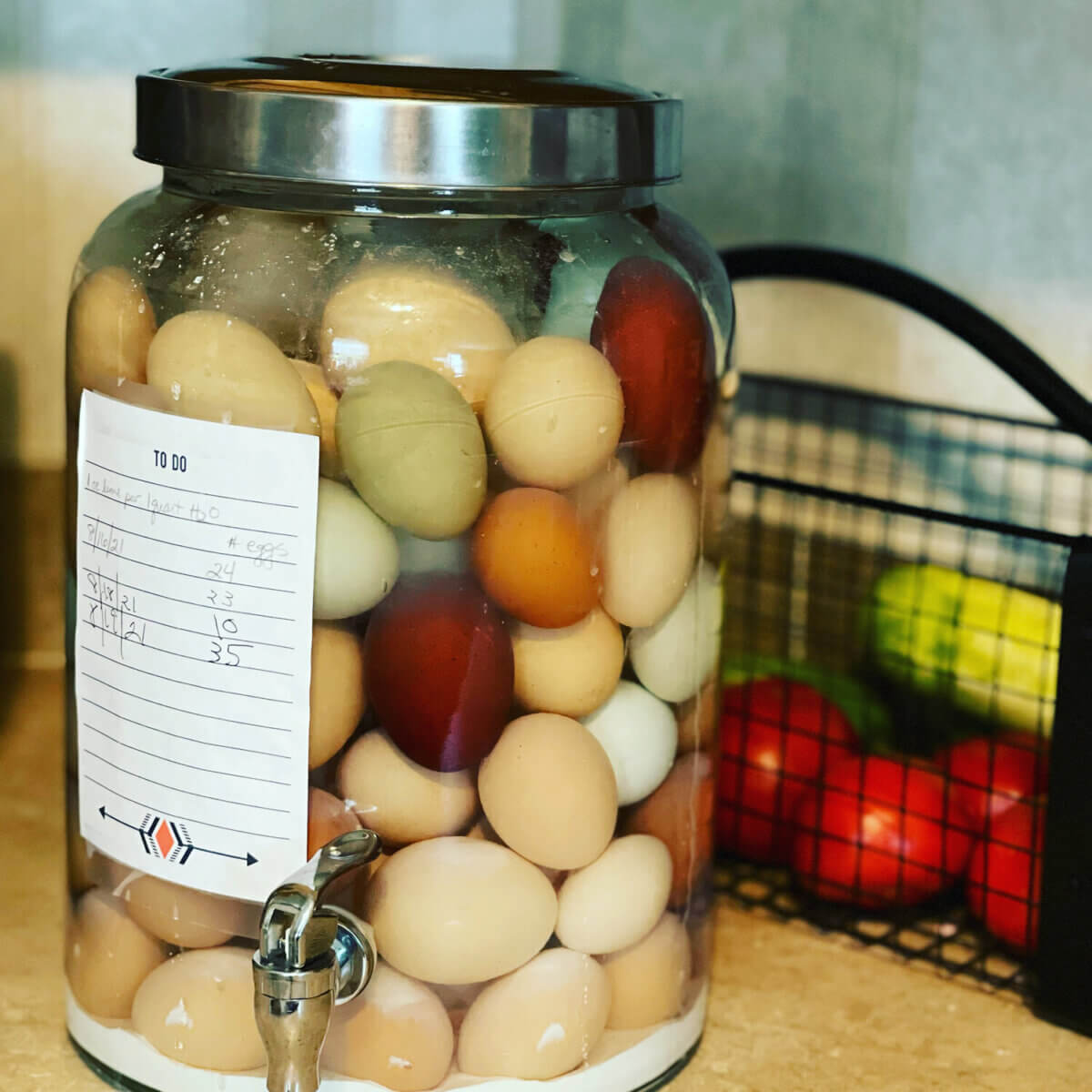
Heat can also affect a hen’s ovulation, so hens will produce the highest volume of eggs between April and June. If you want to avoid buying eggs during the winter, it only makes sense to preserve what you have when the eggs are abundant.
How to Water Glass Eggs
You’ll need a few ingredients and supplies.
- 1 ounce of pickling lime
- 1 quart of filtered water
- Clean unwashed eggs (no poop or mud, with the bloom intact)
- Airtight food-grade bucket or half-gallon glass jar
- Kitchen scale (for measuring the lime)
- Measure out your pickling lime at one ounce for every quart of water.
- Add the lime to the jar or bucket, and fill it with the measured water.
- Whisk the lime into the water until it’s completely incorporated.
- Carefully add the eggs, one at a time, with the pointy side down.
- Add the airtight lid. It keeps the oxygen out and the water from evaporating.
- Store the finished product in a cool, dry, dark place.
Properly preserved and stored, water-glassed eggs can last up to a year. Some people have had them last much longer. I always float my eggs before using them. It’s an excellent habit to get into because it’s better to be safe than sorry.
Water glassing eggs is an old method of preservation. You can have fresh eggs all year, whether your hens are laying or not.
Pickling Lime vs. Hydrated Lime vs. Garden Lime
When it comes to this process, you’ll want to choose your lime wisely.
Pickling lime, also known as calcium hydroxide or slaked lime, is a chemical compound, Ca(OH)2. It’s a white powder that’s insoluble in water. Hydrated lime is also known as calcium hydroxide or calcium oxide. It’s a chemical compound with the formula CaO. It is also a white powder that’s insoluble in water.
The main difference between pickling and hydrated lime is that hydrated lime is less reactive than pickling lime. Pickling lime contains more calcium hydroxide than hydrated lime. The result? Pickling lime is used in several industrial and commercial applications where a higher degree of reactivity is required.
Garden lime is calcium carbonate. Because hydroxide is more alkaline than carbonate, pickling lime is highly recommended for water glassing eggs.
Water Glassing Eggs FAQ
Here are some frequently asked questions when it comes to water glassing eggs.
Can We Water Glass Store-Bought Eggs?
No, unfortunately, we can’t water glass store-bought eggs. When a hen lays eggs, they’re covered in a protective layer called “bloom” which keeps them fresh longer.
Have you ever found a clutch of eggs hidden around the homestead? I know I have, and more often than not, the eggs are still perfectly fine and safe to eat. Of course, I float-test them to ensure they’re not bad.
Note: Bad eggs fill with gasses. If you place eggs in a container of water, gas-filled eggs will float, indicating they’re no good. Fresh, good eggs will sink to the bottom, and some eggs, on their way to being bad, will try to stand up. You can use the ones trying to stand, but they should be cooked that same day.
Back to store-bought eggs. The eggs we buy in the grocery store have already been thoroughly cleaned and sanitized, which means the bloom is no longer intact. The lime solution used in water glassing works with the bloom to preserve the eggs. Hence, cleaned and sanitized eggs are definitely not good for the water glassing. However, you could freeze those eggs instead.
Can We Use Tap Water for Water Glassing Eggs?
Yes. However, we want to avoid using fluorinated and chlorinated water. Ideally, we want to use filtered water with all of its minerals intact. If you have well water, then your tap water will work mighty fine. For those on city water, it will contain fluoride and chlorine, and you’ll want to opt for a water filter for this process. Or you could use the tip I mentioned above about setting the tap water in an open jar for 24 hours.
Can We Boil Water-Glassed Eggs?
Water-glassed eggs can be boiled, but we have to take an extra step before cooking them this way. Before we place the eggs in the pot, we must first poke a small hole in the shell because the lime solution seals the egg, filling in the eggshell’s pores. Poking a hole in the eggshell before boiling it creates a release for the pressure. Without a pressure release, our eggs can explode.
Any other form of cooking (frying, poaching, or scrambling) requires us to first crack the eggshell. We don’t have to worry about poking a hole.
Is It Normal for Lime to Settle on the Bottom of the Container?
Yes! Seeing lime settled at the bottom of the container is a normal part of the process. Don’t stir it. While we may be tempted to stir the solution, we must resist. Stirring the pot, so to speak, leads to a potential risk of cracking the eggs, which will ruin our entire batch. There will still be plenty of lime in the water to preserve the eggs properly.
Will the Water-Glassed Eggs Be Safe to Eat?
The eggs will be completely safe to eat if the water glassing is done correctly. We must use clean jars and utensils and clean unwashed eggs. We’ll know if an egg goes bad, as the smell will be way off. We can float-test the eggs before we eat them to ensure they’re still fresh.
Do Water-Glassed Eggs Taste Different Than Fresh Eggs?
Nope! That’s why it’s such an excellent way to preserve fresh eggs. Dehydrating and freezing eggs slightly changes the flavor of the eggs, whereas water glassing keeps flavor the same. However, the consistency of water-glassed eggs will be somewhat different.
Can All Eggs Be Water-Glassed?
Absolutely! The main concern is that they’re clean and unwashed. Some birds like to lay their eggs in nests close to the ground, which can result in dirty eggs. As long as the eggs are clean, they’re good to go.


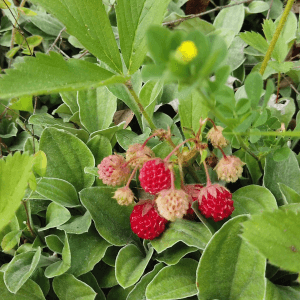
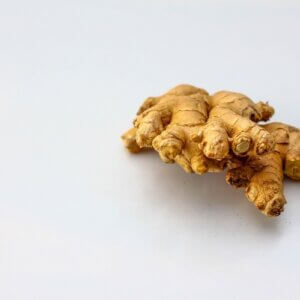
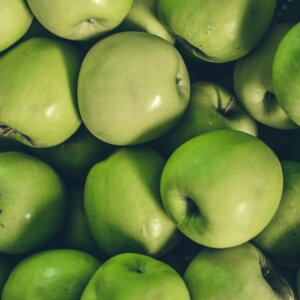
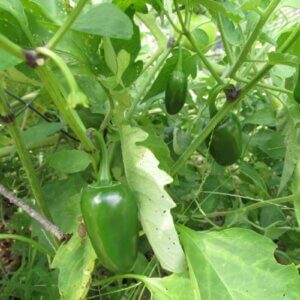
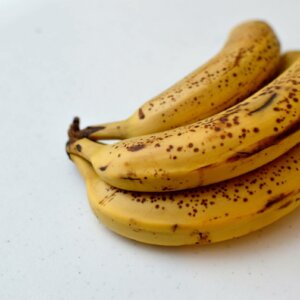
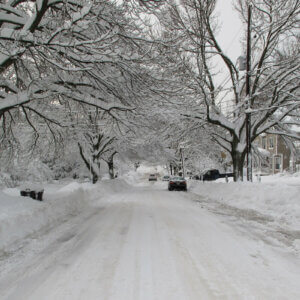
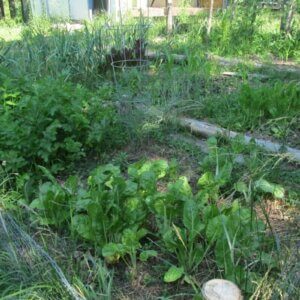

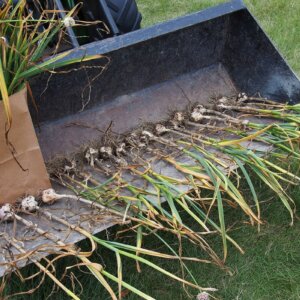
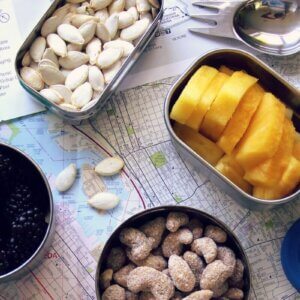
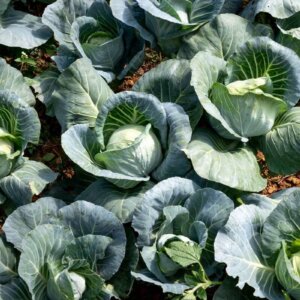

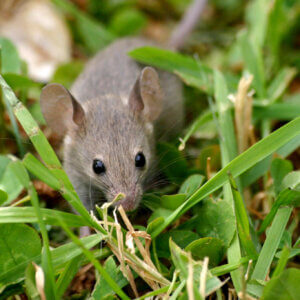
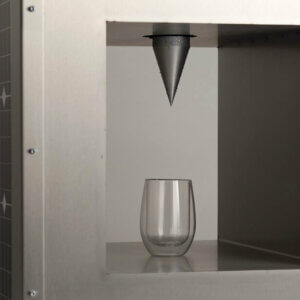
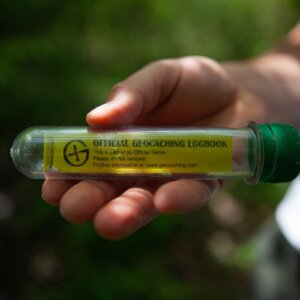
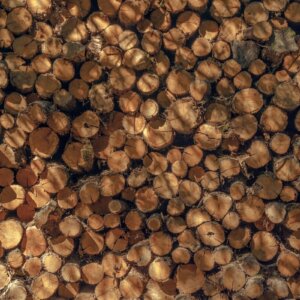
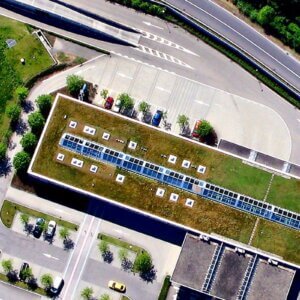
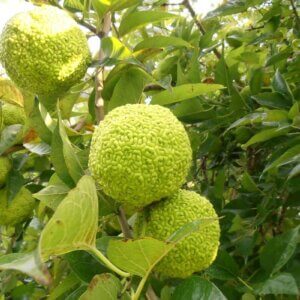

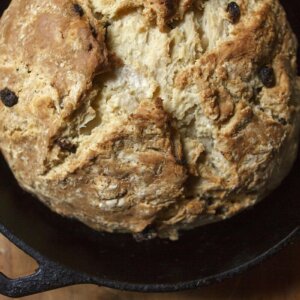
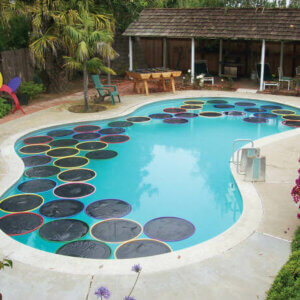
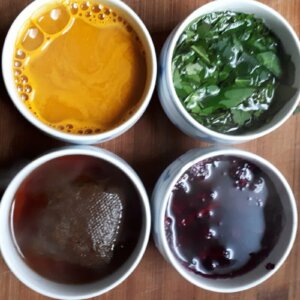
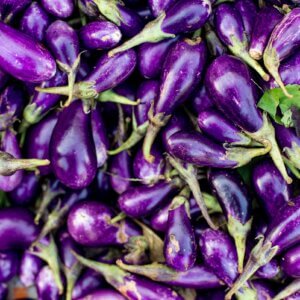
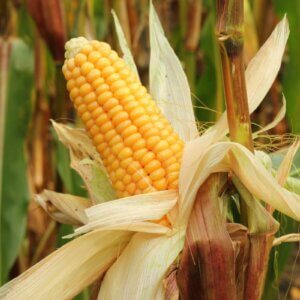
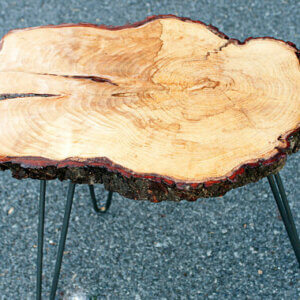
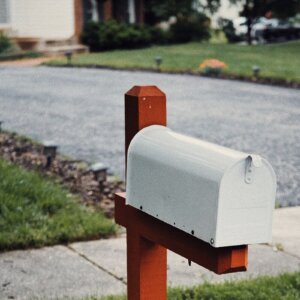
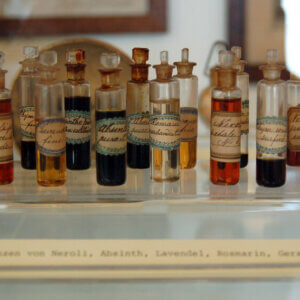

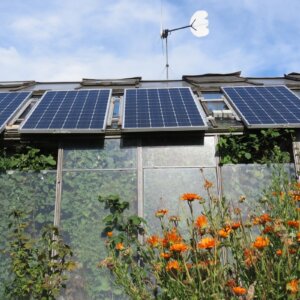
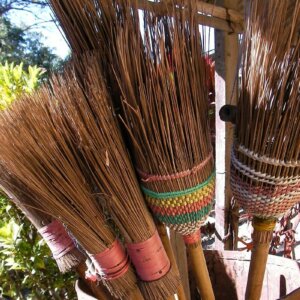


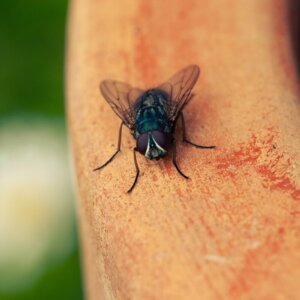
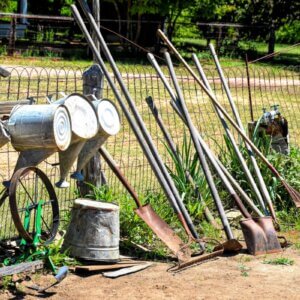
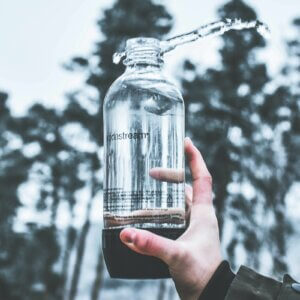
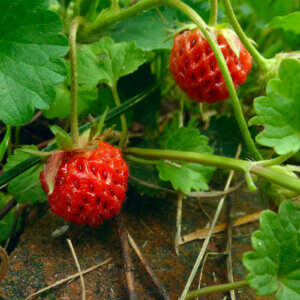
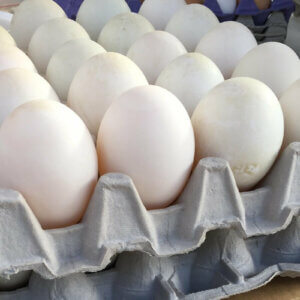
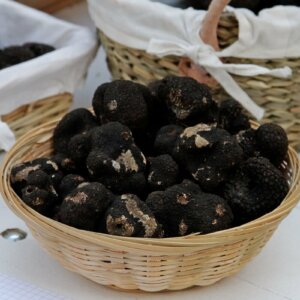
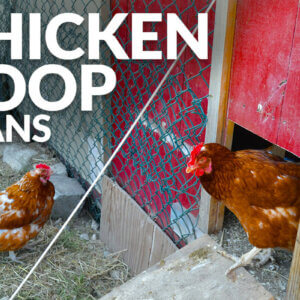
Just a note about chlorine. Some cities, including Columbia Missouri, use chloramine, a long lasting product, instead of chlorine in their water. Normal chlorine removal treatments do not work on this chemical, but a small amount of vitamin C, 1/2 tsp. per 30 gallons, will neutralize it. You can leave the water sitting out, but chloramine takes 2 weeks to evaporate. (Or at least 2 weeks until mosquitos can lay viable eggs in it – my test.) See https://en.wikipedia.org/wiki/Chloramination for basic info.
Thank you so much for sharing that tidbit of information. It is really important. I had no idea they were using chloramine in the water. I appreciate it very much.
Hello Elaina
Can you keep on adding eggs every day, till bucke is full, or is it better to accumulate them for a few days and do one lot at the time?
If an egg has gone bad is the entire batch ruined? I found a few floating in my bucket.